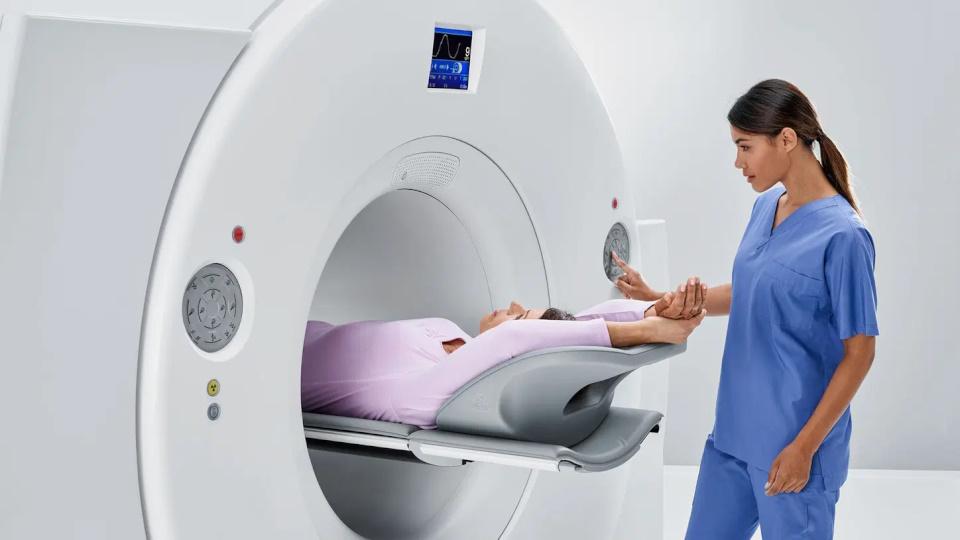UK launches total-body PET drive to support drug discovery

The UK has launched an initiative that will coordinate the activities of two total-body PET imaging centres in England and Scotland, harvesting data that will be made available to researchers in academia and industry, as well as clinicians.
The National PET Imaging Platform (NPIP) brings together total-body PET scanners located at St Thomas’ Hospital in London and The Royal Infirmary of Edinburgh and is supported by the Medicines Discovery Catapult (MDC), the Medical Research Council (MRC), and Innovate UK, as well as £32 million ($39 million) in government funding.
King’s College London and Imperial College London researchers will co-lead the London hub, with the Universities of Edinburgh and Glasgow taking responsibility for the hub in Scotland.
The researchers hope NPIP will enable new insights into paediatric disease and cancer, as well as detailed studies of cardiovascular and neurological diseases.
The centres – equipped with Siemens Healthineers scanners – are due to be fully operational in April 2024 and will provide access to the new generation of total-body PET scanners, which as their name suggests cover the entire body, not just the head-to-thigh range of conventional PET, which requires the patient to be repositioned multiple times to achieve a full-body field of view.
Moreover, total-body PET scans offer higher levels of resolution and sensitivity and can detect diseases with much higher speed and accuracy, and also expose patients to lower doses of radiation. That means more patients – including children, for example – can participate in clinical trials involving this type of imaging technology.
The scans are also quicker to carry out, which could help improve access to PET for clinical research overall. A study published last year by the UK government found that the country scored poorly on access to CT, MRI, and PET scanners per million population, at the bottom of a table of 16 industrialised nations.
“This new platform represents a huge step forward for clinical research, enabling more patients to take part in clinical trials, delivering more scans, and enhancing our understanding of diseases,” said Professor Lucy Chappell, chief scientific advisor to the Department of Health and Social Care and chief executive of the National Institute for Health and Care Research (NIHR).
“Ultimately, this could help lead to the development of new drugs and treatments to tackle some of the biggest health challenges of our time, from cancer to dementia,” she added.












